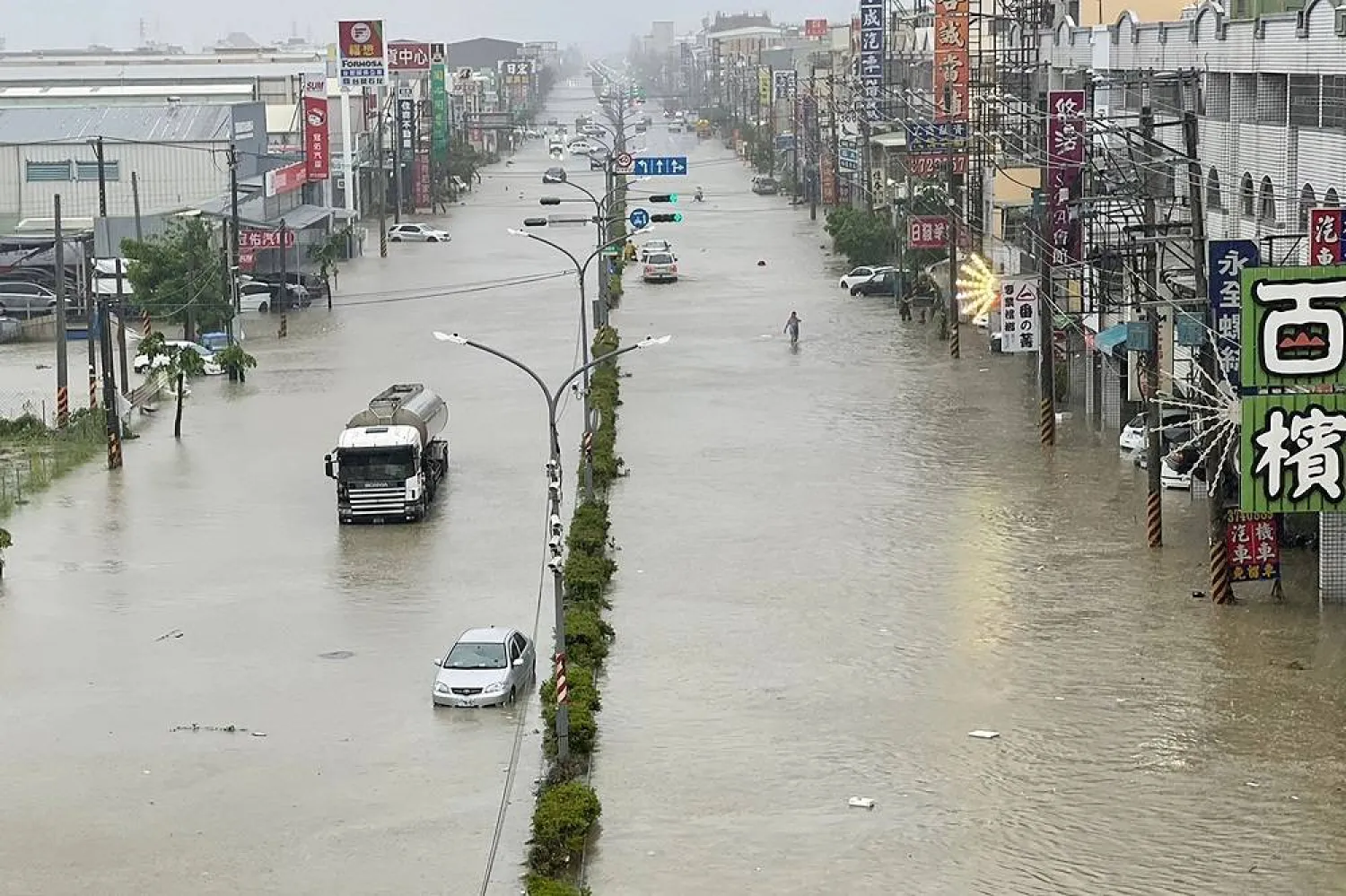Climate change is driving changes in rainfall patterns across the world, scientists said in a paper published on Friday, which could also be intensifying typhoons and other tropical storms.
Taiwan, the Philippines and then China were lashed by the year's most powerful typhoon this week, with schools, businesses and financial markets shut as wind speeds surged up to 227 kph (141 mph). On China's eastern coast, hundreds of thousands of people were evacuated ahead of landfall on Thursday.
Stronger tropical storms are part of a wider phenomenon of weather extremes driven by higher temperatures, scientists say.
Researchers led by Zhang Wenxia at the China Academy of Sciences studied historical meteorological data and found about 75% of the world's land area had seen a rise in "precipitation variability" or wider swings between wet and dry weather.
Warming temperatures have enhanced the ability of the atmosphere to hold moisture, which is causing wider fluctuations in rainfall, the researchers said in a paper published by the Science journal.
"(Variability) has increased in most places, including Australia, which means rainier rain periods and drier dry periods," said Steven Sherwood, a scientist at the Climate Change Research Center at the University of New South Wales, who was not involved in the study.
"This is going to increase as global warming continues, enhancing the chances of droughts and/or floods."
FEWER, BUT MORE INTENSE, STORMS
Scientists believe that climate change is also reshaping the behavior of tropical storms, including typhoons, making them less frequent but more powerful.
"I believe higher water vapor in the atmosphere is the ultimate cause of all of these tendencies toward more extreme hydrologic phenomena," Sherwood told Reuters.
Typhoon Gaemi, which first made landfall in Taiwan on Wednesday, was the strongest to hit the island in eight years.
While it is difficult to attribute individual weather events to climate change, models predict that global warming makes typhoons stronger, said Sachie Kanada, a researcher at Japan's Nagoya University.
"In general, warmer sea surface temperature is a favorable condition for tropical cyclone development," she said.
In its "blue paper" on climate change published this month, China said the number of typhoons in the Northwest Pacific and South China Sea had declined significantly since the 1990s, but they were getting stronger.
Taiwan also said in its climate change report published in May that climate change was likely to reduce the overall number of typhoons in the region while making each one more intense.
The decrease in the number of typhoons is due to the uneven pattern of ocean warming, with temperatures rising faster in the western Pacific than the east, said Feng Xiangbo, a tropical cyclone research scientist at the University of Reading.
Water vapor capacity in the lower atmosphere is expected to rise by 7% for each 1 degree Celsius increase in temperatures, with tropical cyclone rainfall in the United States surging by as much as 40% for each single degree rise, he said.









